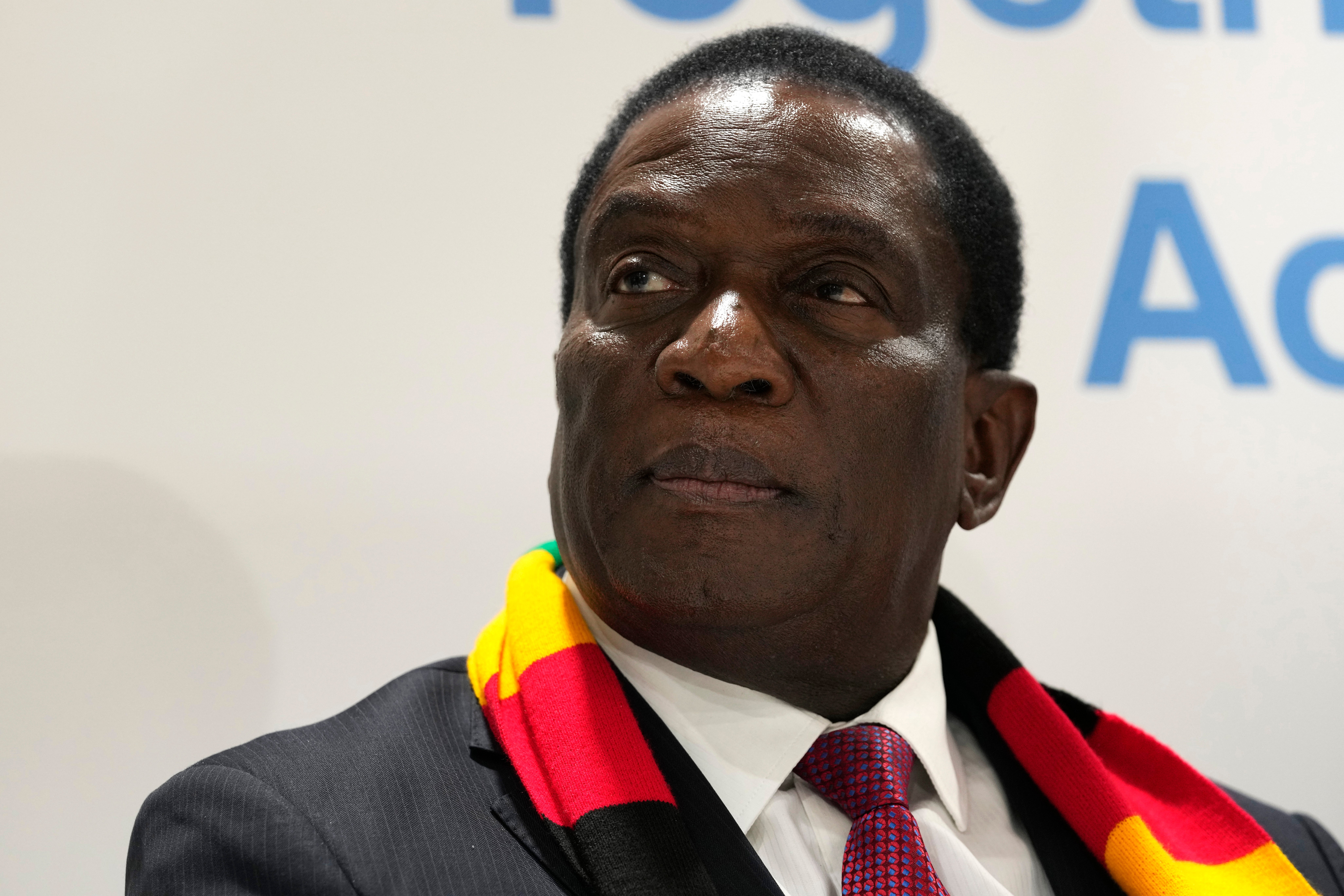Zimbabwe's government backs a move to abolish the death penalty having last hanged someone in 2005
Zimbabwe’s Cabinet has agreed to back a move in Parliament to abolish the death penalty

Zimbabwe’s Cabinet has agreed to back a move in Parliament to abolish the death penalty, a punishment that was last used in the southern African nation nearly 20 years ago.
Zimbabwe used hanging as its means of execution, but hasn’t hanged anyone since 2005, partly because no one had been willing to take up the job of state executioner — or hangman — for years. In 2022, Zimbabwe’s Sunday Mail newspaper reported that several people did apply for the role, including two women. No one was hired.
Zimbabwe is one of more than a dozen countries in Africa and more than 50 across the world that have the death penalty enshrined in law without any moratorium on it.
The Cabinet's decision to support a change to the law was made at a meeting on Tuesday and is a key step. It still needs to be passed by Parliament.
“In view of the need to retain the deterrent element in sentencing murderers, it is expected that the new law will impose lengthy sentences without violating the right to life,” Information Minister Jenfan Muswere said.
It appears the move will have cross-party support, with opposition lawmaker Edwin Mushoriwa saying Wednesday that he would also support an abolishment.
President Emmerson Mnangagwa, who won reelection for a second term in August, has repeatedly expressed his opposition to the death penalty, citing his own personal experience when he was sentenced to death in the 1960s for blowing up a train during Zimbabwe's independence war, when the country was called Rhodesia and under white minority rule. His sentence was changed to 10 years in prison.
Zimbabwe’s constitution says the death penalty only applies to men between the ages of 21 and 70 who are convicted of “murder committed in aggravating circumstances,” such as killing a pregnant woman or a child.
The death penalty was a colonial-era law that was inherited when Zimbabwe gained independence from white minority rule in 1980.
___
AP Africa news: https://apnews.com/hub/africa
Bookmark popover
Removed from bookmarks